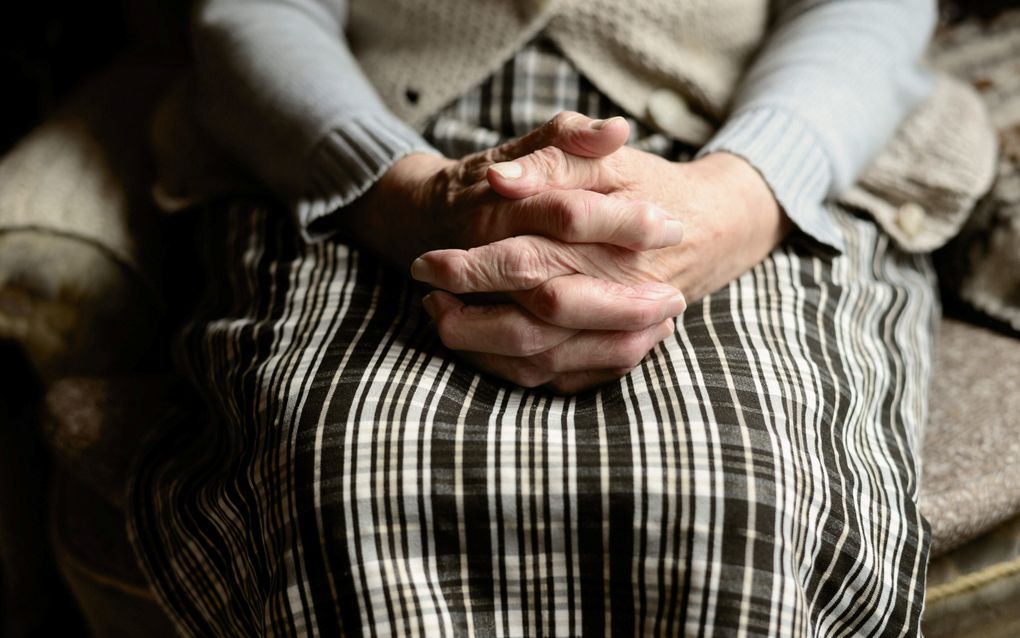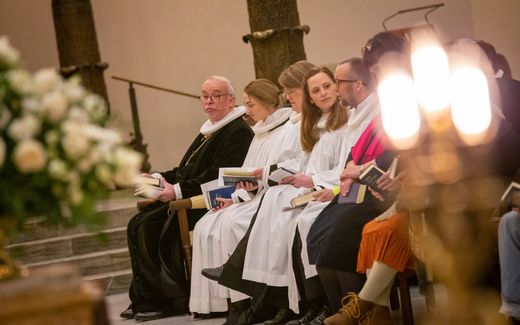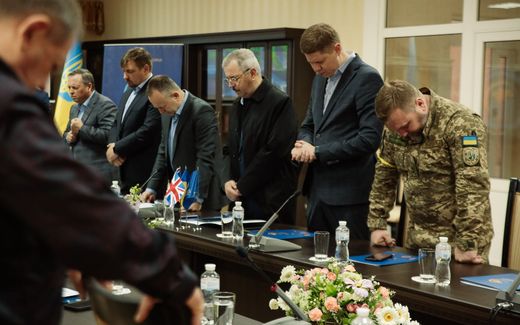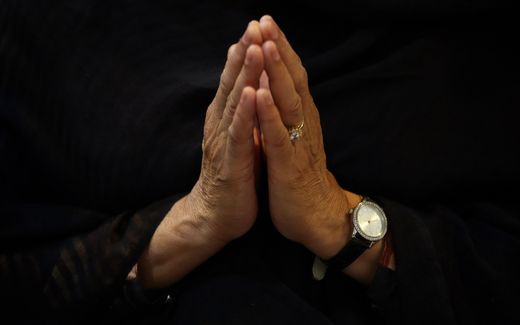Danish government under criticism for abolishing National Prayer Day

Photo Pixabay
Northern Europe
To increase the Defence budget, the Danish government cancels National Prayer Day. Politicians and clergy are surprised and angry.
“The government has come as a thief in the night”, says Victoria Velásquez, Danish MP for the eco-socialist Red-Green Alliance, to the Christian Danish daily Kristeligt Dagblad.
Mid-December, Prime Minister Mette Fredriksen announced the abolition of the Christian holiday Great Prayer Day. On Thursday, the bill was sent for consultation. If all goes to plan, the bill will be adopted within just over a month. Because of the short consultation deadline, which is set on January 19th, the opposition has less time than usual to make its submissions.
That says a lot about how the current government works, says Velásquez. According to her, none of the three governing parties mentioned during the election campaign that they intended to abolish a public holiday. “Now they suddenly take a day away from people and they even do it in the middle of the collective agreement negotiations.”
Weekend
The reason for the abolition of the public holiday is the Danish defence budget. To increase the defence expenditure to two per cent of the Gross Digital Product, according to NATO standards, the government decided to skip the holiday. An extra day’s work increases gross domestic product (GDP) by €1.3 billion, according to the Danish Ministry of Finance. It also boosts the state coffers by €430 million annually.
The decision is sensitive in Denmark. The day is popular as working Danes then have a long weekend off in spring.
Illiberal
Most trade unions have criticised the measure. They find it unthinkable that a public holiday should be cut in exchange for extra government revenue. Right-wing parties lament the loss of part of Denmark’s cultural heritage.
According to Mona Striib, chairman of FOA, a trade union for the public sector, members should vote no to a new collective agreement if the government does not drop its proposal, which is published just before the collective agreement negotiations get underway. “The collective agreement negotiations are already very difficult due to the high inflation. The government must take this proposal off the table as soon as possible”, Striib says to the financial daily Børsen.

Birthe Rønn Hornbech got rid of her membership of the liberal Venstre party after 48 years. Hornbech was an MP from 1984 to 1987 and from 1990 to 2015. During this time, she also served as a Minister for Refugees, Immigrants and Integration and for Ecclesiastical Affairs. Although Venstre is not part of the coalition, it does support the government’s plans. Much to the dislike of Hornbech. “It is so illiberal.”
In an interview with Jyllands-Posten, she accuses the government’s politicians of being “theologically and Christian illiterate”. At the same time, she calls it an “expression that Denmark’s liberal party has passed away”.
Disturbing
Danish churches are disappointed with the government’s plans. At National Prayer Day or Store Bededag, many churches hold ceremonies such as the baptism of children or the confirmation of ministers.
According to Marianne Christiansen, a bishop in Haderslev, the contract between government and church is being torn apart. She calls it a “sad and disturbing situation” because it reveals that there is no protection against state intervention in the internal affairs of the national church.

“The Danish folk church, which was formed with the Constitution, came into being based on the premise that a constitution had to be drawn up, which however, never got it. Over time, there have been several attempts to make that Constitution, but it has never succeeded”, explains Christiansen to Kristeligt Dagblad. “Now, a modus vivendi has developed that it seems to go very well without a constitution, precisely because we have a special Danish model, where the state at the political level respects that you legislate for the external affairs of the national church, but stays away from what are the internal affairs of the church, including liturgy, hymns and theological questions. That balance is being broken.”
Halsboe-Jørgensen, the Minister of Labour, thinks abolishing the holiday is the best solution to get money for the military. “Great days of prayer have no basis in Christian faith. It is a day without major Christian traditions attached to it. So if you have to choose between public holidays, I think this is the best choice.”
Related Articles






